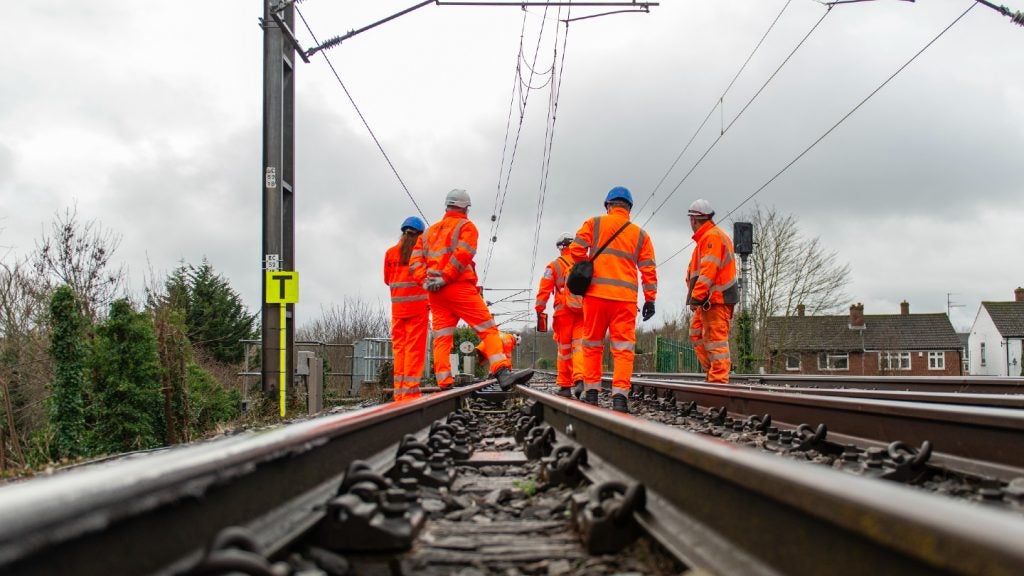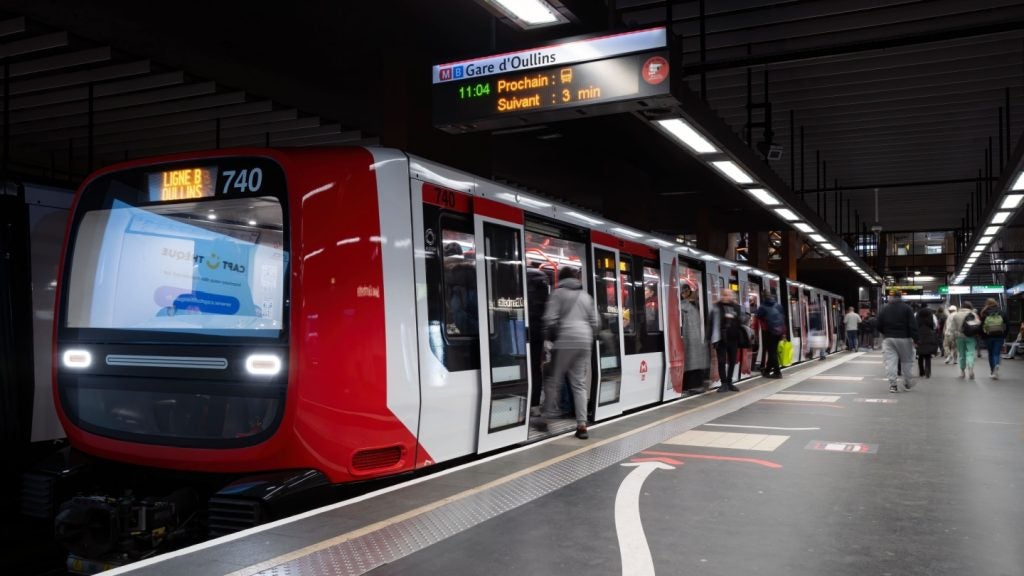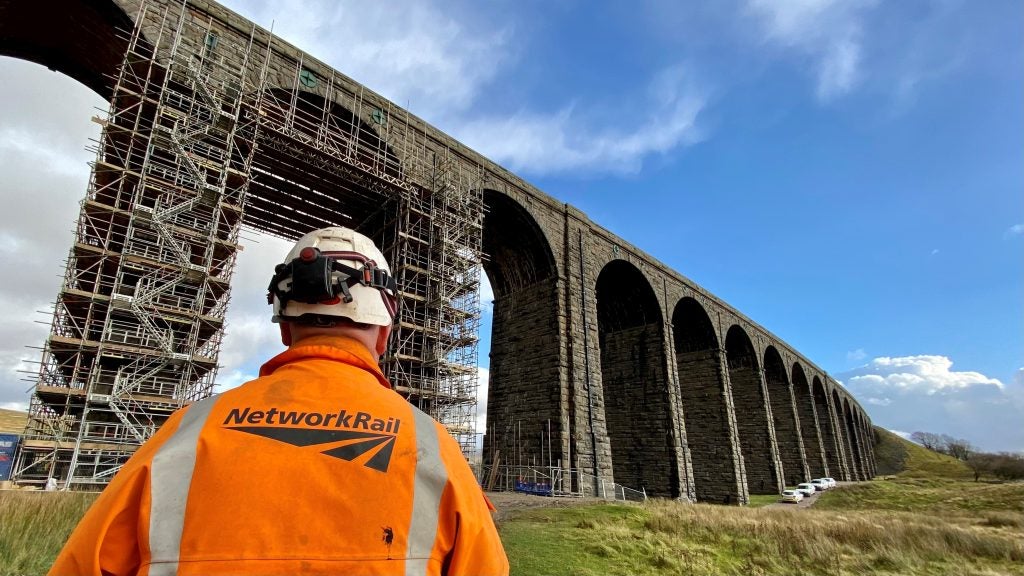
The Government of India has signed a $500m loan agreement with the Asian Development Bank (ADB) for the expansion of the metro rail network in Bengaluru in the Indian state of Karnataka.
Two new metro lines of around 56km in length will be constructed under the expansion project.
The project will see the construction of two new mostly elevated metro lines with 30 stations along Outer Ring Road and National Highway 44 between Central Silk Board and Kempegowda International Airport.
These new lines will minimise road congestion and provide connectivity to the airport.
The metro facilities will be designed to meet the needs of vulnerable groups, including the elderly, women, and children.
ADB India resident mission country director Mr Takeo Konishi said: “The project supports urban transformation of Bengaluru City into a more liveable and sustainable city through support to urban public transport and urban development with concepts of transit-oriented development (TOD) and multi-modal integration (MMI).
How well do you really know your competitors?
Access the most comprehensive Company Profiles on the market, powered by GlobalData. Save hours of research. Gain competitive edge.

Thank you!
Your download email will arrive shortly
Not ready to buy yet? Download a free sample
We are confident about the unique quality of our Company Profiles. However, we want you to make the most beneficial decision for your business, so we offer a free sample that you can download by submitting the below form
By GlobalData“The project will bring various benefits, including road de-congestion, better urban liveability and environmental improvement.”
By establishing higher density, compact, mixed use, mixed income, resource-efficient and inclusive neighbourhoods, the TOD-based urban development model will help in realigning growth, as well as increase the economic productivity of the city.
The TOD intends to increase land values along these corridors, which will produce capital returns for the state government.
Meanwhile, MMI, through the seamless integration of various public transport, aims to provide people-oriented, environment-friendly solutions and a total mobility solution for all the residents.
ADB will also provide an additional $2m technical assistance grant for formulating the plans for urban development, along with their executing frameworks, which will target TOD and multimodal integration.
The funds will also be utilised to fortify the capacity of the Bangalore Metro Rail Corporation and other state agencies for completing these initiatives.
In a separate development, the Indian government has identified around 400 stations, 90 passenger trains, railway stadiums and colonies for monetisation.
The monetisation of railways’ brownfield infrastructure assets is expected to generate more than $20.54bn (INR1.52tn) in four fiscal years.
Indian Railways reportedly plans to review the ongoing bidding procedure for its $4.05bn (Rs300bn) tender for the operation of private passenger trains.






